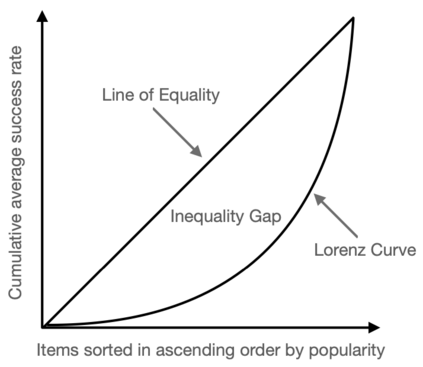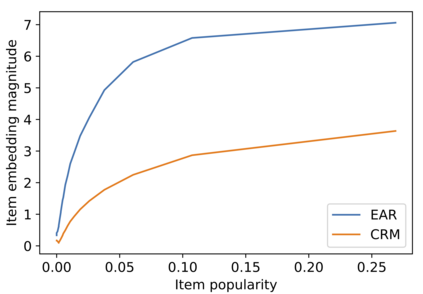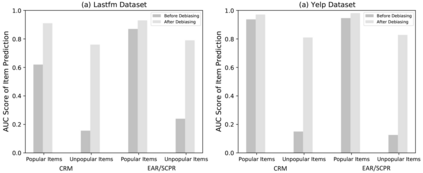Conversational recommender systems (CRS) have shown great success in accurately capturing a user's current and detailed preference through the multi-round interaction cycle while effectively guiding users to a more personalized recommendation. Perhaps surprisingly, conversational recommender systems can be plagued by popularity bias, much like traditional recommender systems. In this paper, we systematically study the problem of popularity bias in CRSs. We demonstrate the existence of popularity bias in existing state-of-the-art CRSs from an exposure rate, a success rate, and a conversational utility perspective, and propose a suite of popularity bias metrics designed specifically for the CRS setting. We then introduce a debiasing framework with three unique features: (i) Popularity-Aware Focused Learning to reduce the popularity-distorting impact on preference prediction; (ii) Cold-Start Item Embedding Reconstruction via Attribute Mapping, to improve the modeling of cold-start items; and (iii) Dual-Policy Learning, to better guide the CRS when dealing with either popular or unpopular items. Through extensive experiments on two frequently used CRS datasets, we find the proposed model-agnostic debiasing framework not only mitigates the popularity bias in state-of-the-art CRSs but also improves the overall recommendation performance.
翻译:对话建议系统(CRS)在通过多轮互动周期准确捕捉用户当前和详细偏好方面表现出极大的成功,同时有效地指导用户采用更个性化的建议。也许令人惊讶的是,对话建议系统会受到普惠偏见的困扰,这与传统建议系统非常相似。在本文中,我们系统地研究CRS的普惠偏见问题。我们从暴露率、成功率和谈话效用角度展示了现有最先进的CRS中存在的受欢迎偏向,并提出了一套专门为CRS设置设计的受欢迎偏向度衡量标准。然后,我们引入了一个有三种独特特征的偏向性框架:(一) 普惠性软件聚焦学习,以减少普惠性对普惠性预测的影响;(二) 通过配置图谱,冷-启动项目嵌入式重建,改进冷启动项目的建模;以及(三) 双重政策学习,以更好地指导CRS处理受欢迎或非受欢迎的项目。我们通过对两个经常使用的CRS数据集进行的广泛实验,我们发现拟议的C-stimal-degraphis总体业绩框架,但我们在缩小了C-staltical-degraphisal Profisalisfalismismismismismismismismismismismismismismislation。








